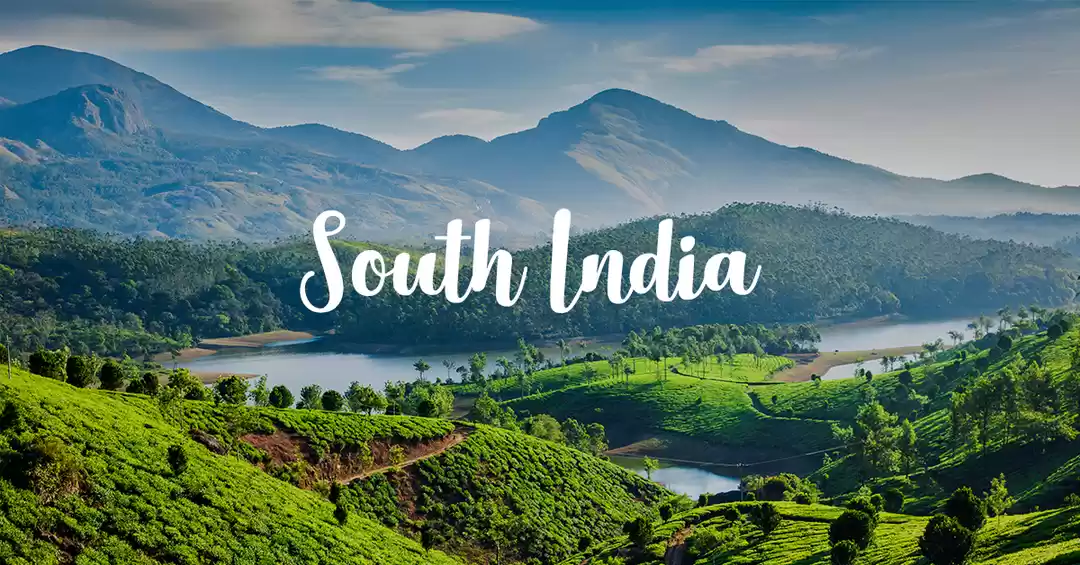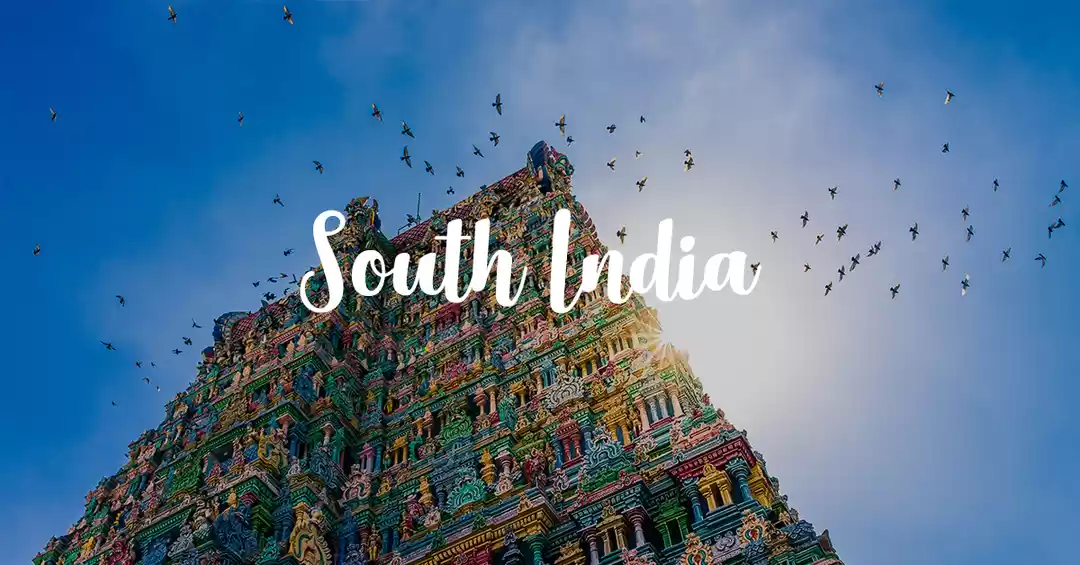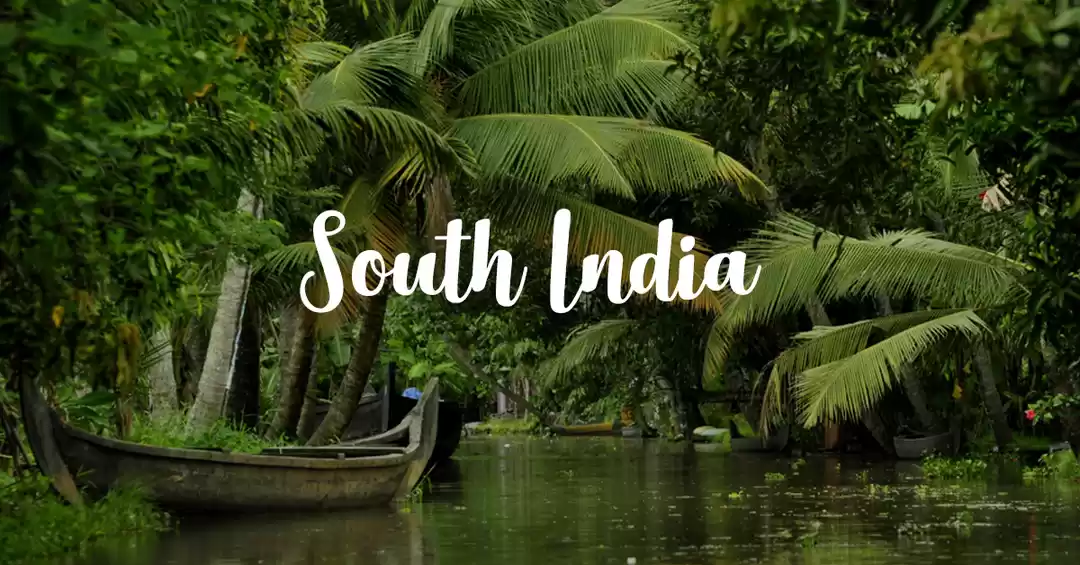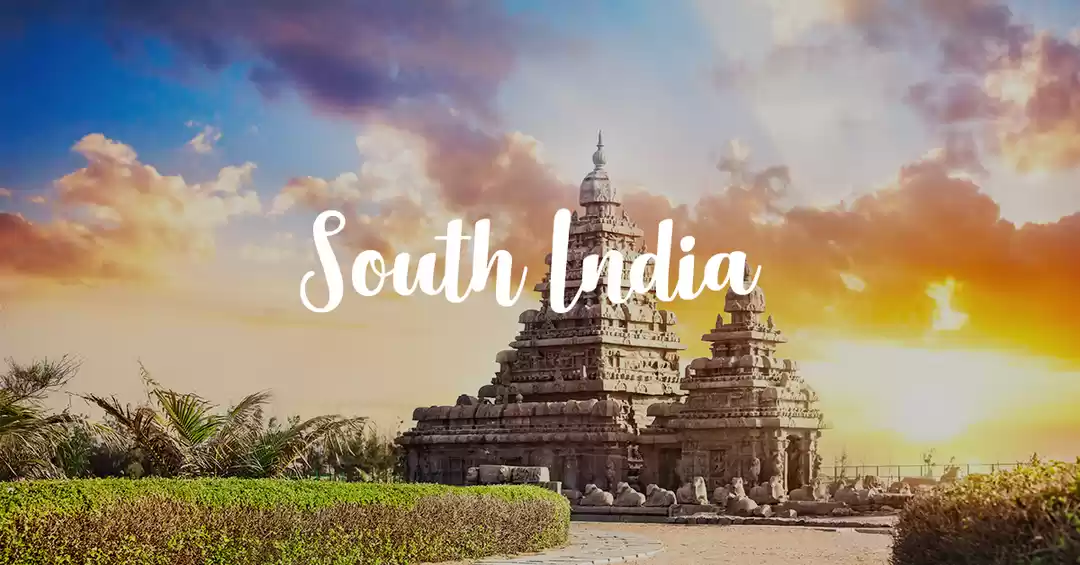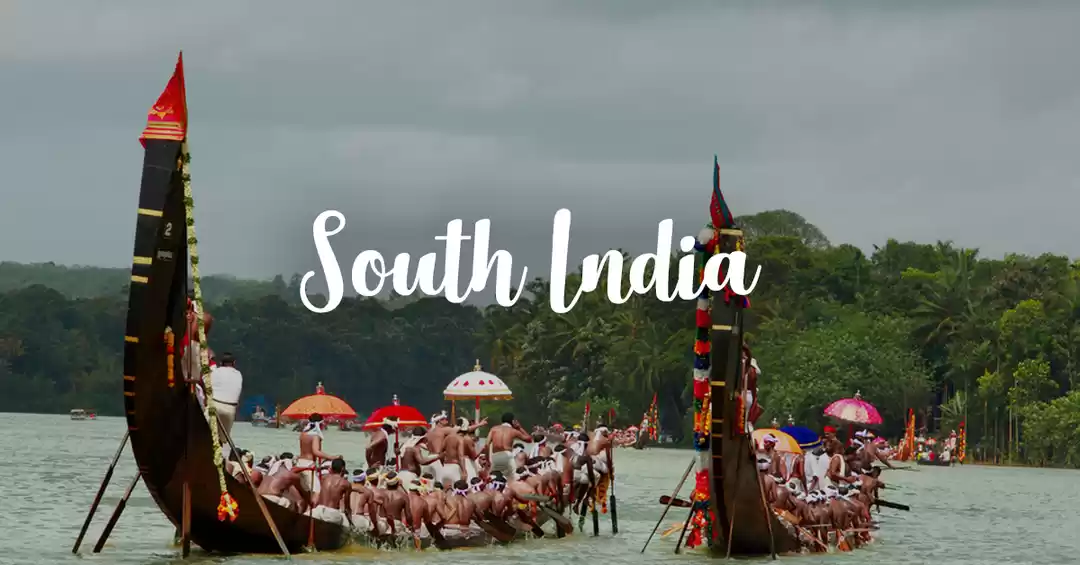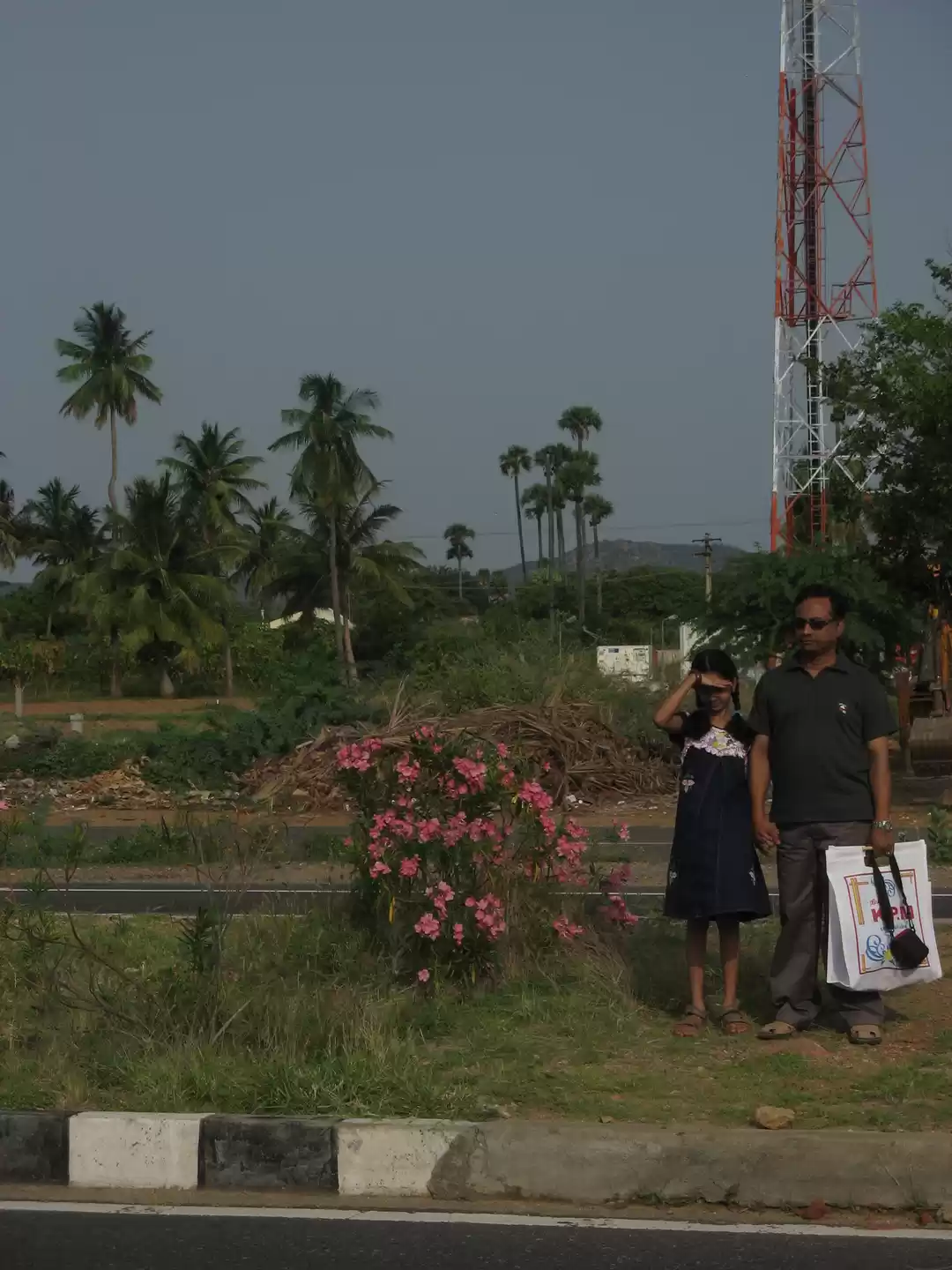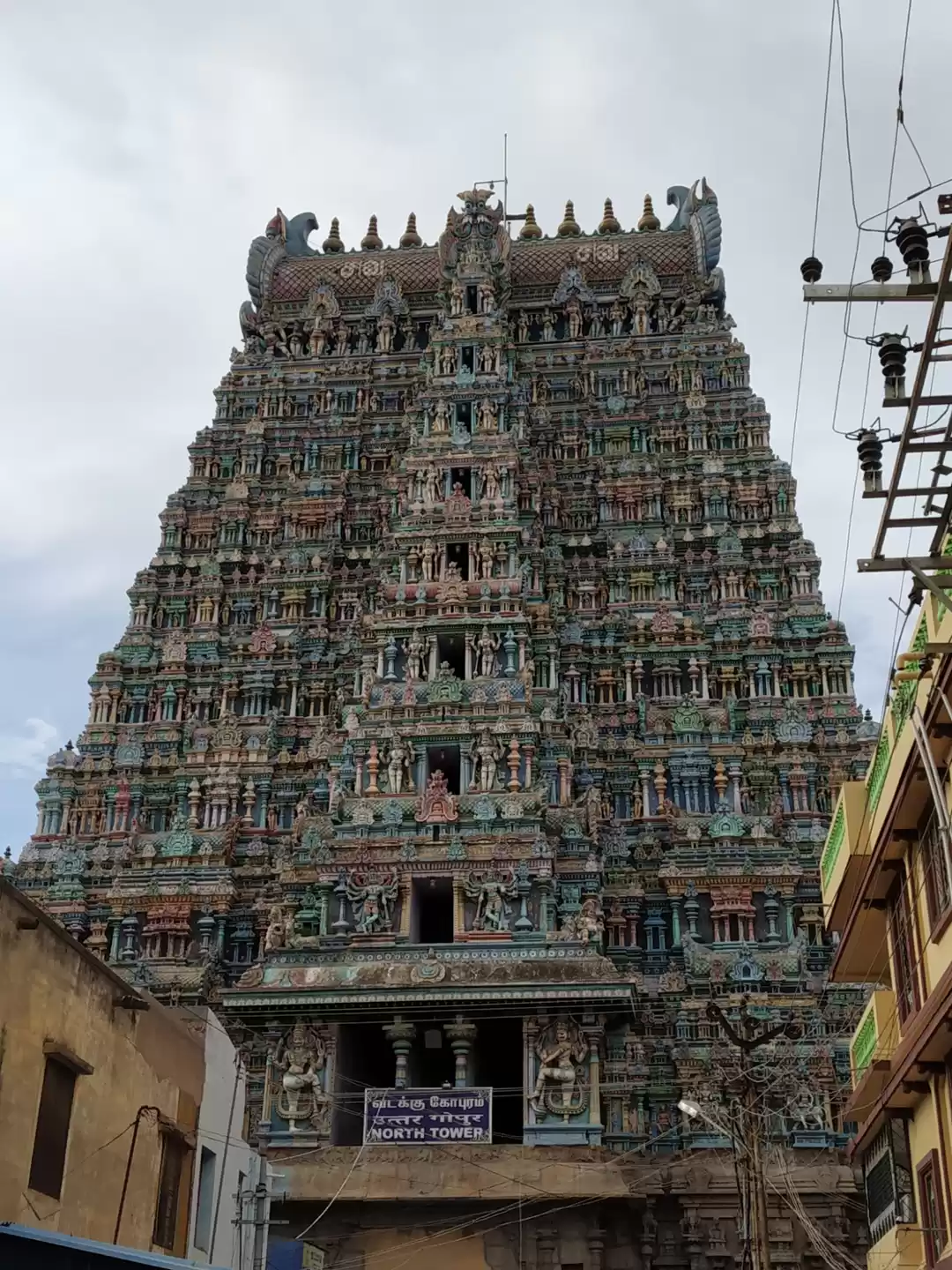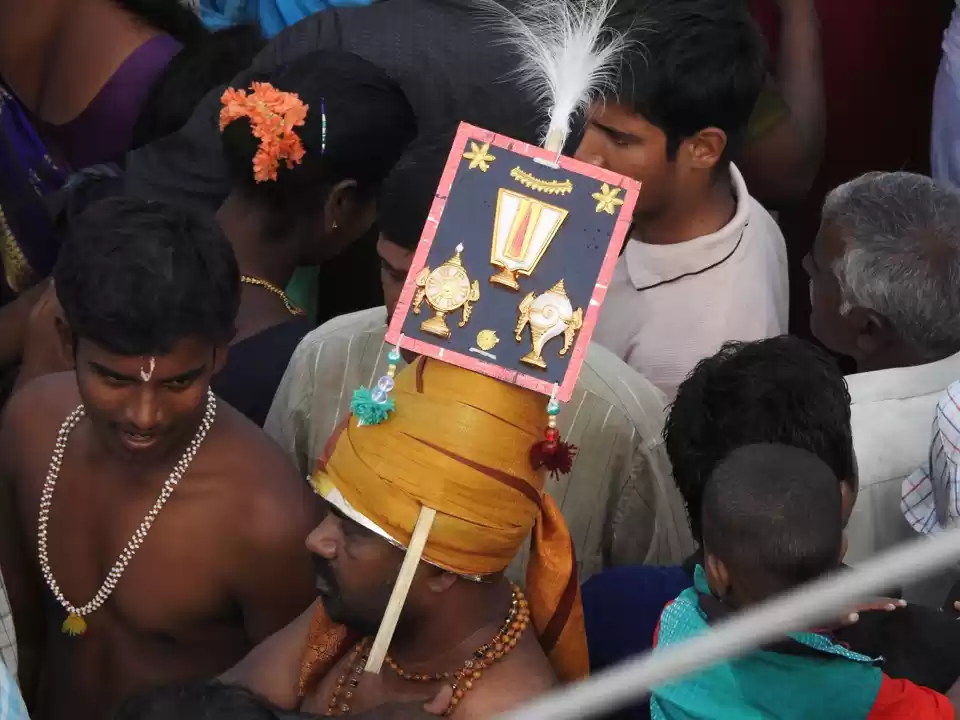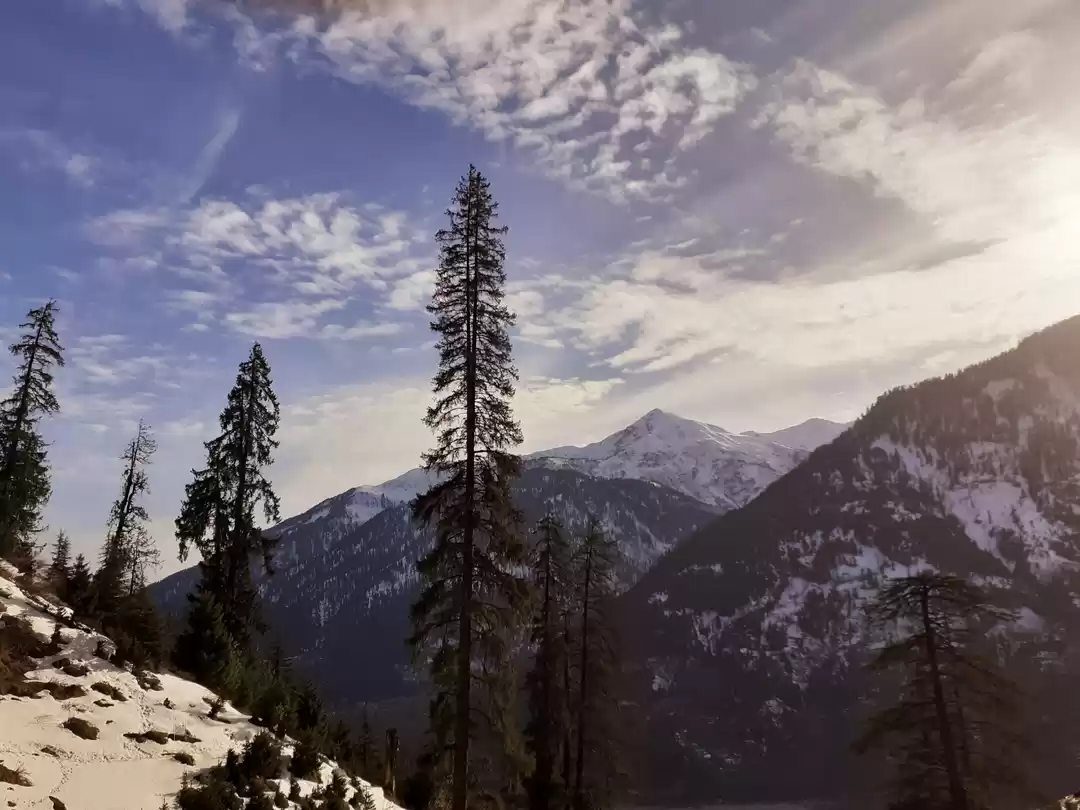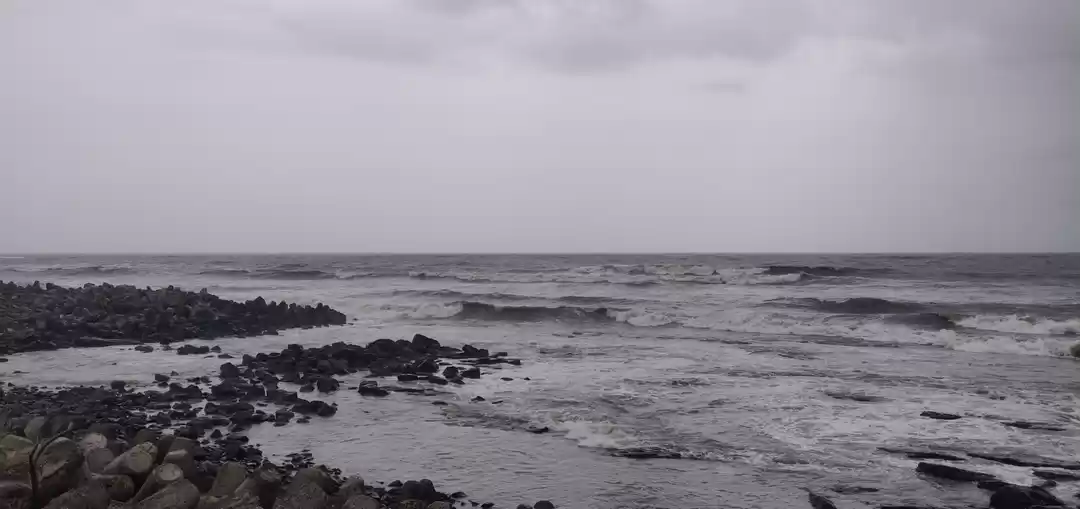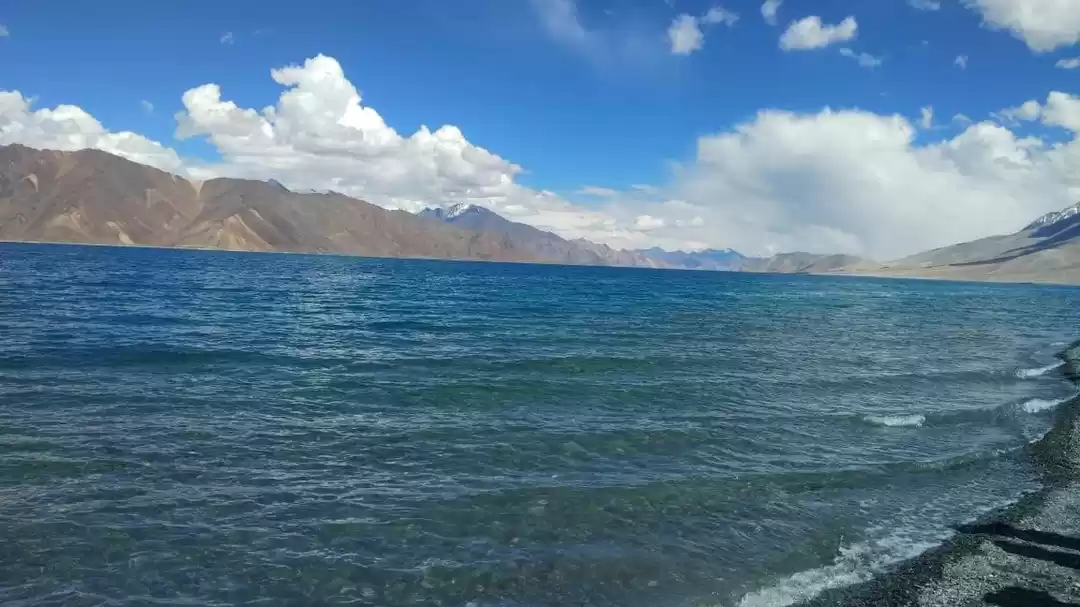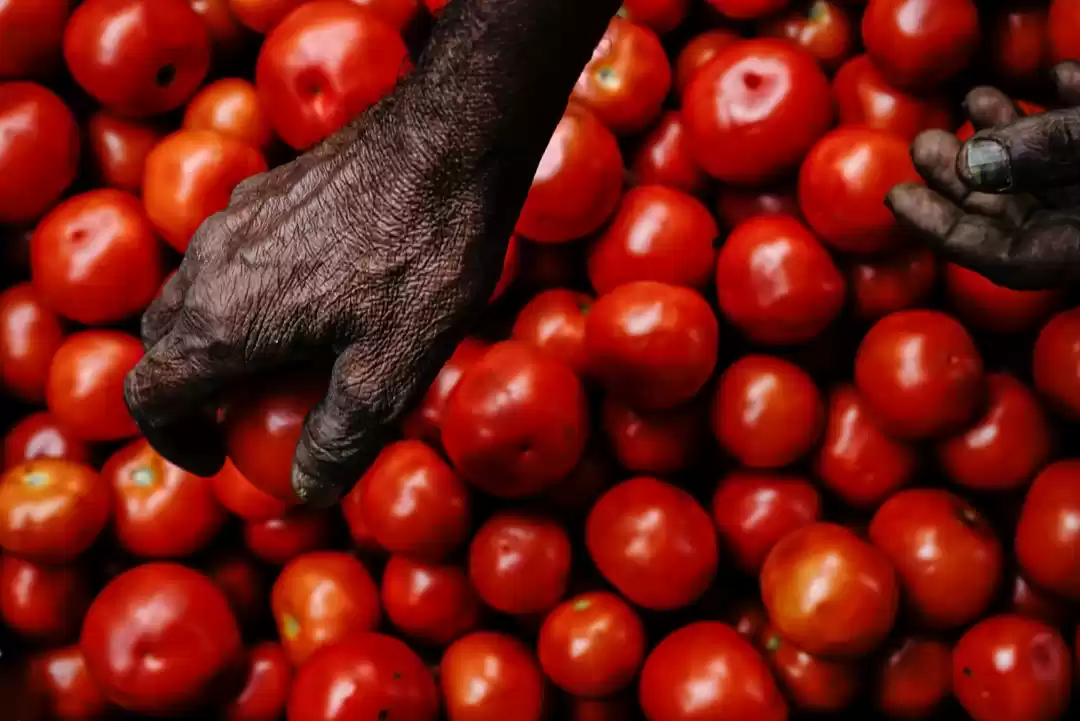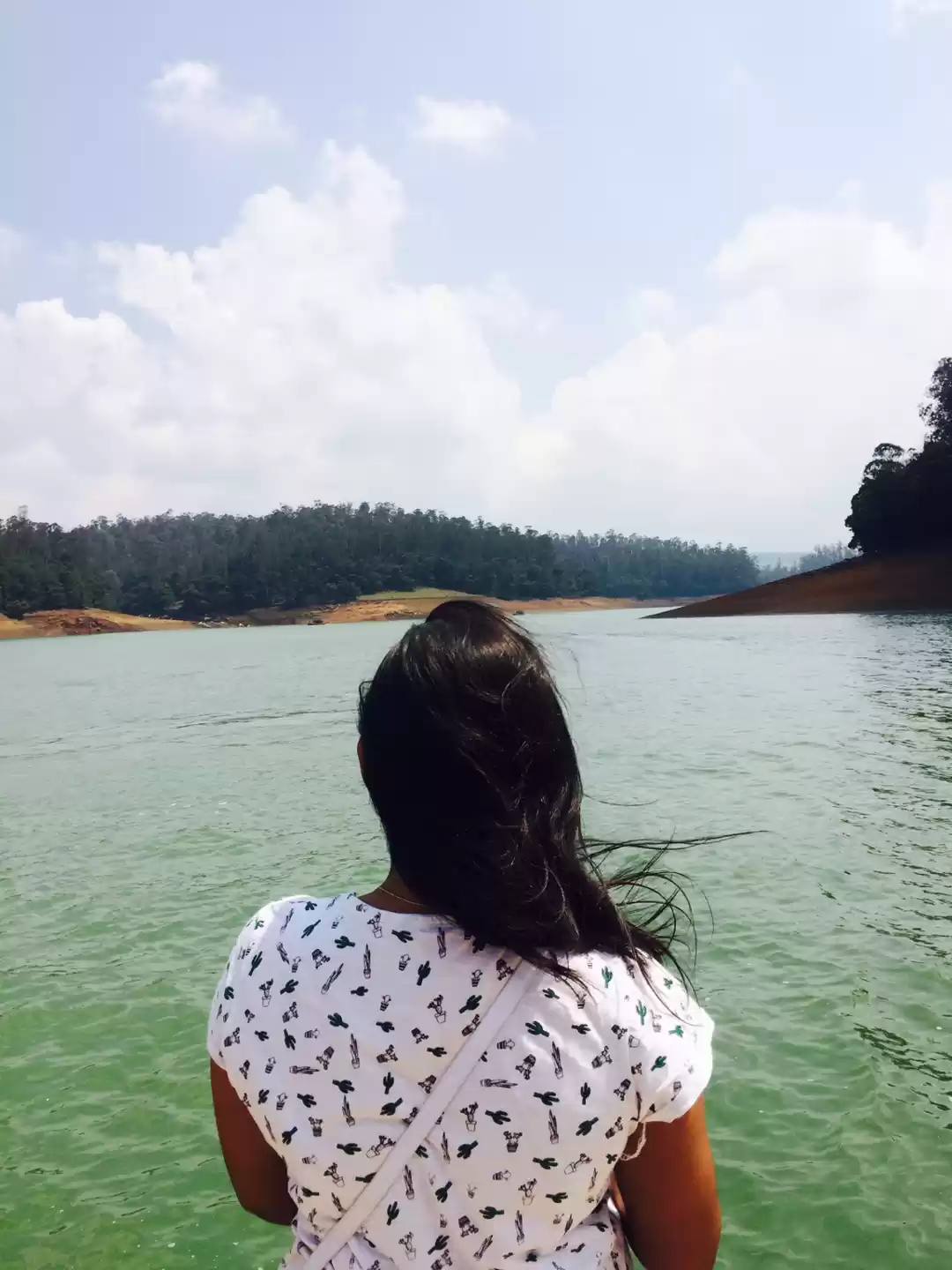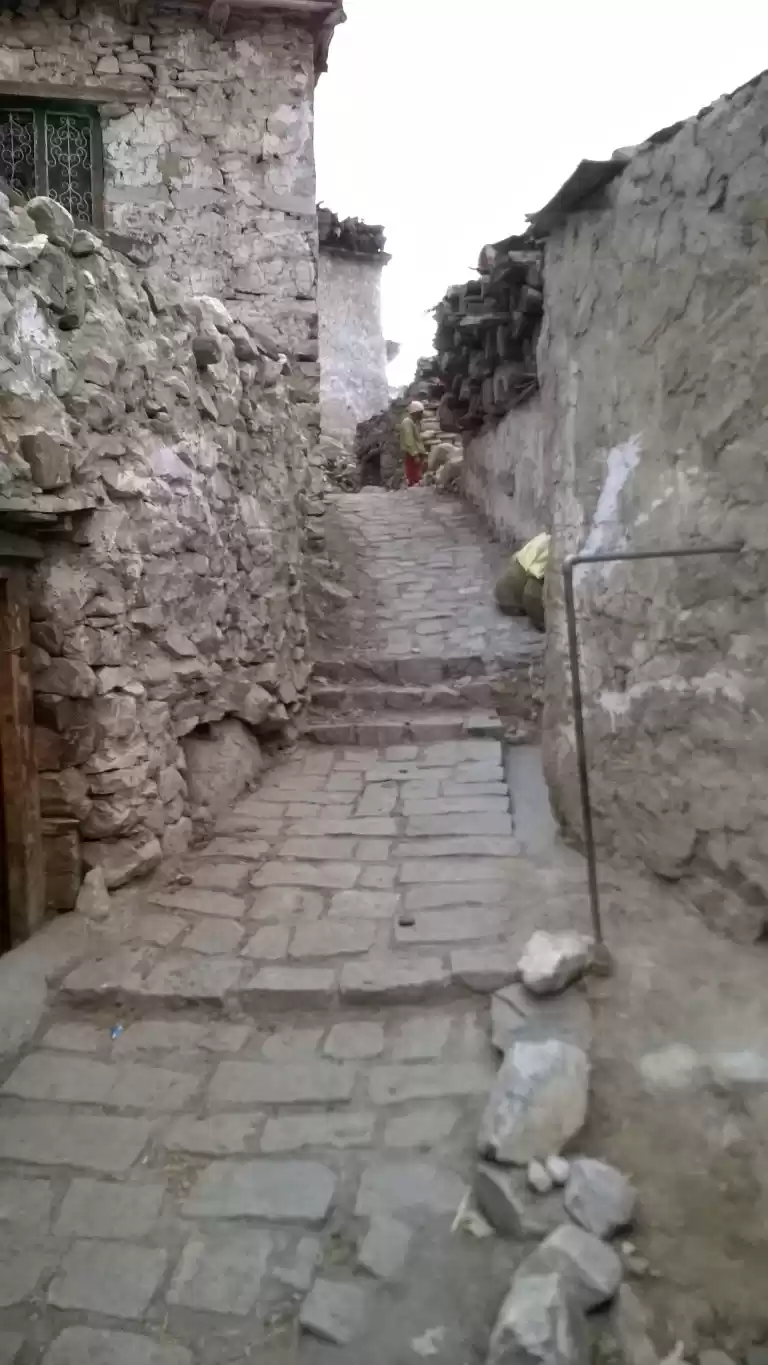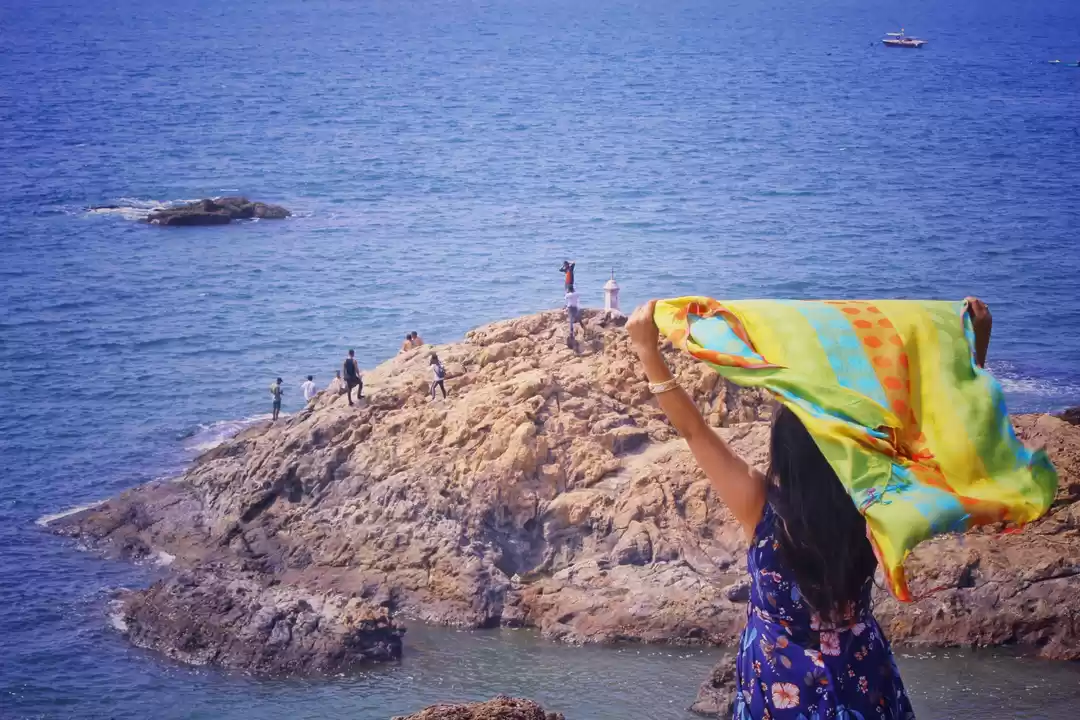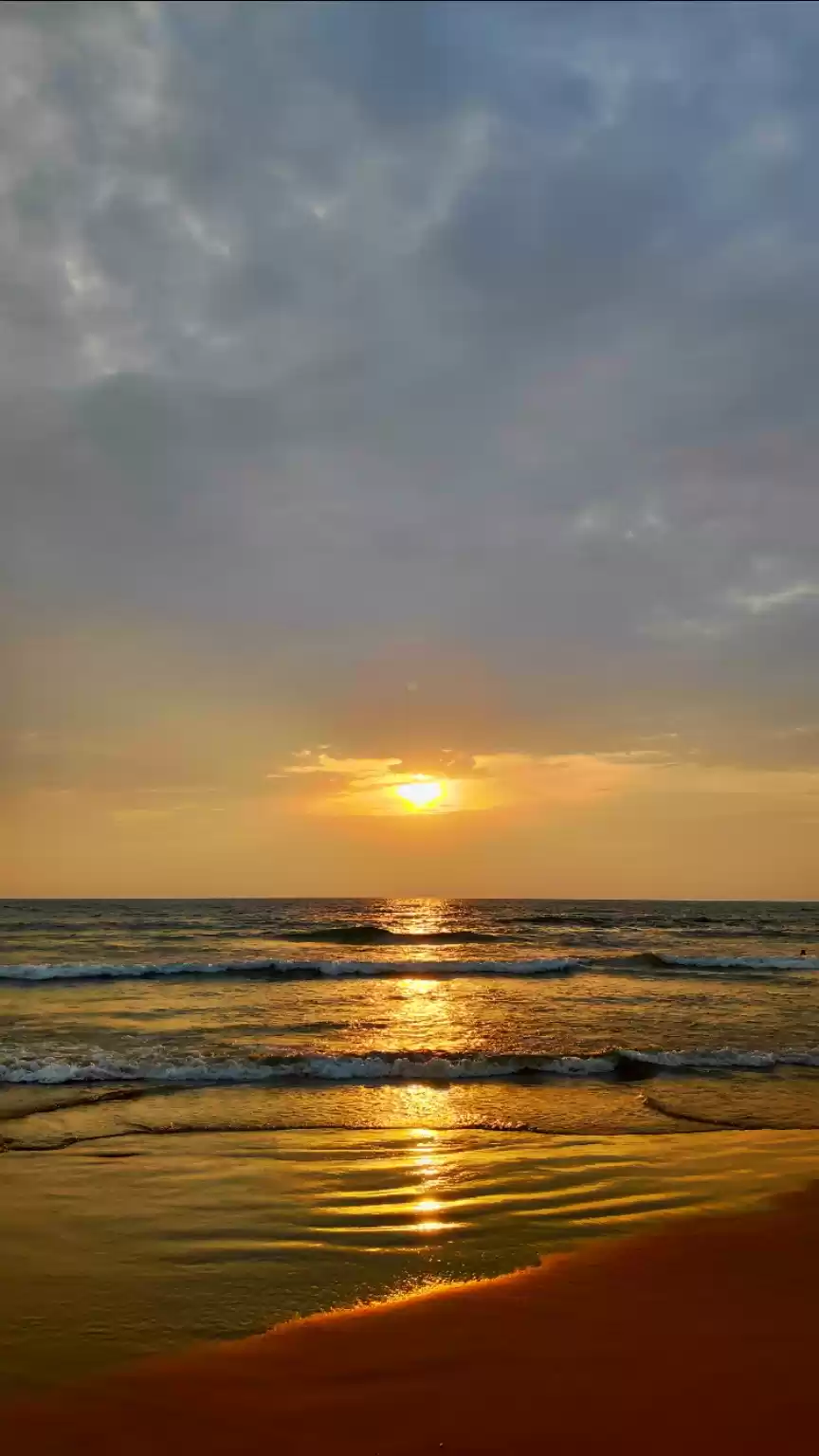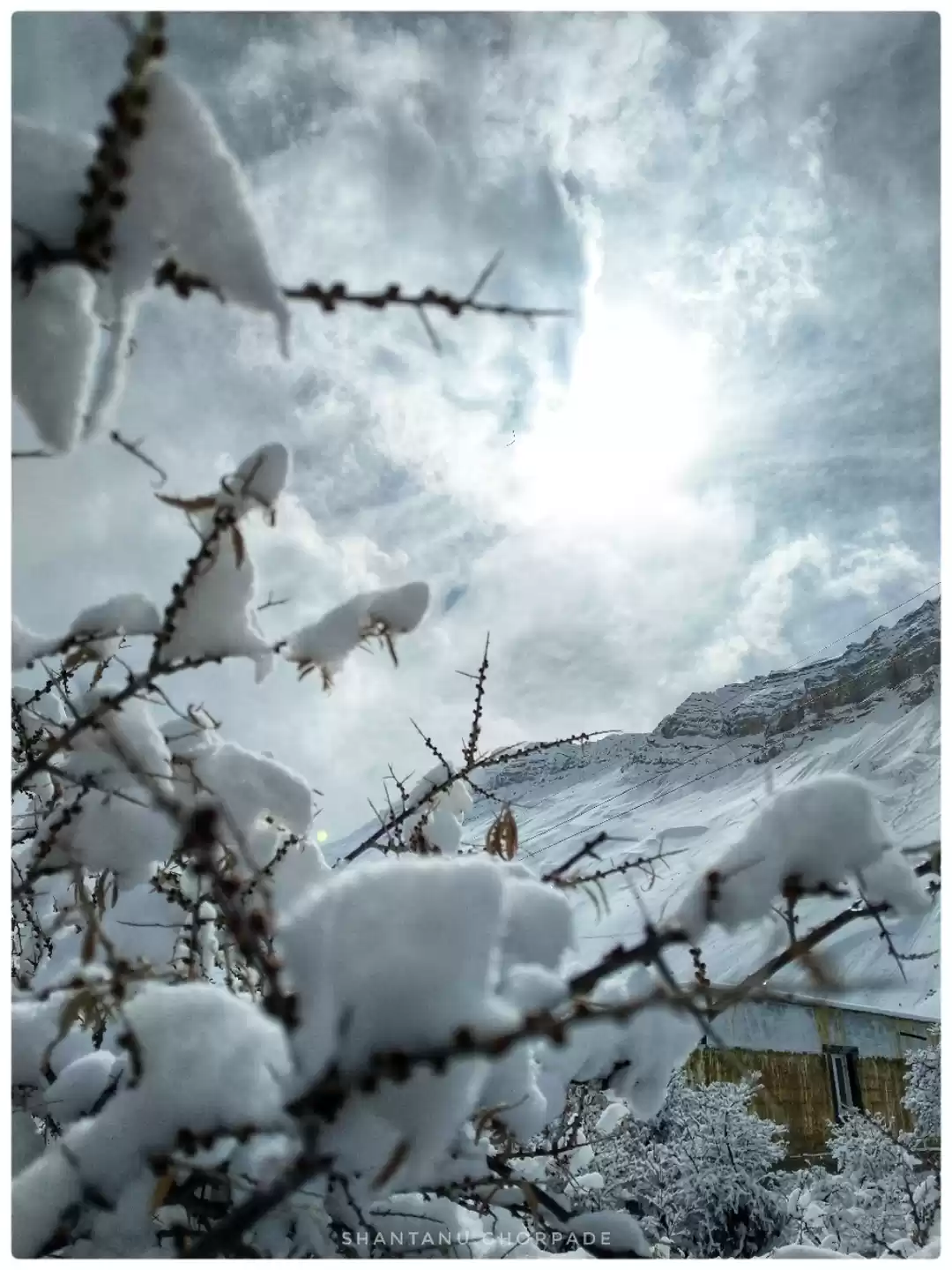
It is believed that the Indian history originated from the Indus valley civilisation. Be it culture, language, tradition, festival, art and music, historians and archaeologists have believed that the flow of progress was from north to south of India.
In the recent reports, a spoonful of rice caused a stir on the historical beliefs on the Indian ancient civilisation. The rice was found in a clay bowl, inserted inside a burial urn outside Sivakalai. Sivakalai is a village in Tamil Nadu, almost at the southernmost tip of India.
The discovery was announced by Mr. M.K. Stalin, the Chief Minister of Tamil Nadu, in the State Legislature on 9th September, 2021.

What was deciphered from the rice bowl?
Mr Stalin reinstated that carbon dating was performed in a laboratory in the US to confirm on the origin of the rice discovered. It seems that the bowl of rice was about 3200 years old. The rice bowl is a proof of the earliest civilisation in Tamil Nadu. The excavation and discovery are a part of the initiative by Stalin's government to establish the fact that Indian history “begins from the landscape of the Tamils”.
Normally, it is tough to retain the brick or wooden ancient remains in Tamil Nadu due to its weather conditions. The state faces long summer seasons with prolonged heat and two annual monsoons. Yet the rice blow discovery is a miraculous one, sustained even in the harsh weather conditions.
Other discoveries that proved the history of civilisation in Tamil Nadu
In 2014, sherd of ancient pottery was discovered near Keeladi, a village outside Madurai. A local lorry driver had spotted few archeologists in a roadside tea stall and took them near a palm grove to show the pottery. The study and analysis tracked the origin of the pottery to around 300bc to the 1155bc carbon date of the Sivakalai rice offering.
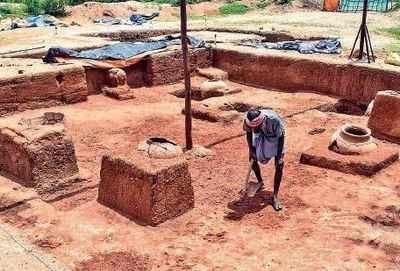
Almost 110 acres of land are in scrutiny in Tamil Nadu where excavations are in progress. The trenches have been divided to 6 acres of land with the hope of discovering evidences and artefacts of ancient civilisation. Till now, remains of industries like weaving, pottery and extensive trade, have been found out, which links the origin to early 6th century BC.

An analysis of the origin of the Indian ancient civilisation
The Indus valley civilisation comprising of Harappa and Mohenjo-daro, disappeared before 1900 BC. That is about 700 years before the time when the rice was placed in a clay bowl as a funeral offering in Sivakalai. Though it proves that the origin of civilisation in Tamil Nadu is old, yet not as older than Indus valley civilisation. Also still the scripts from the Indus valley civilisation has not yet been deciphered to understand why it disappeared and in what circumstances.
Several studies by historians and archaeologists have proved that the Vedas, the religious Hindu scripts, were written around 1500 BC. After a millennium, the Hindu epics of Mahabharata and Ramayana, came in. Around 250 BC, Ashoka the Great, went about to unite the Indian kingdoms. But unfortunately, he did not reach out to Tamil Nadu or the other states of southern India.
During the British rule in India, a sync was somewhat established between the cultures and traditions of the northern and southern parts of India. The Tamil culture steadily mingled with the rest of India, adopting the caste system and even the Sanskrit literature.
But Tamils have a rich literary past, especially the Sangam literature which is a collection of almost 2381 love poems composed by 473 poets. These were written at an era when the kingdoms in south India used to trade with the Roman Empire. Tamils were also iconic in propagating Buddhism and Hinduism across the south-east Asian countries. The evidences can be noticed significantly in Angkor Wat in Cambodia from the 12th century and the giant temples of Borobudur in Java of the 7th century AD.
On the Final Thoughts
It has been a constant effort on the part of the Stalin government to unravel the mysteries of the ancient civilisation of Tamil Nadu. As more and more artefacts are being revealed and searches are in progress on the ancient remains, hope interesting informations and stories of the past will further enlighten us.
After all Tamils have a rich culture, tradition and historical heritage coupled with their strong foothold into the Indian literature diaspora.
Ready to travel for free? Earn credits and redeem them on Tripoto’s weekend getaways, hotel stays and vacation packages!
Be a part of the largest online community of travellers on Tripoto’s Facebook page!





